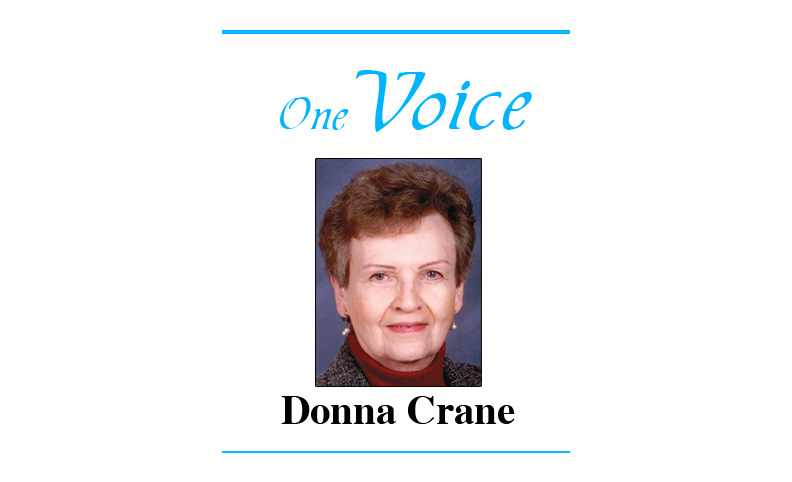
Reprint from August 8, 2019
Last of three parts
The NAACP (National Association of Colored People) gathered in Detroit for its annual convention. Lauren Gambino, based in Washington, D.C., wrote a piece for The Guardian Weekly. She wrote how the NAACP convention urged presidential hopefuls not to shy away from being against president Donald Trump’s effort to fan the flames of racism.
“Stacey Abrams, the 2018 Democratic Party nominee for governor in Georgia, advocated a new approach.
‘“We’re taught that you could only win people of color, you can only turn African Americans, by losing white voters,’ she said. ‘But we didn’t believe that was true.’
“Abrams lost narrowly, but in Detroit she argued that her historic candidacy, she would have been the first black female governor of a U.S. state, – had helped reshape the political landscape before the arrival of long-term demographic change, through which Americans of color are projected to become a majority around 2050.
“African American votes are critical already. They formed a strong base of the multiracial coalition that twice elected Barack Obama and overwhelmingly backed Hillary Clinton in 2016. But that year saw turnout among African Americans falling to its lowest rate in 20 years, with particularly sharp declines in midwestern states like Michigan, where Trump won by less than 11,000 votes of the 4.8 Million cast.
“At a Pennsylvania rally after his election, Trump thanked black voters who stayed home, saying they were ‘almost as good’ as those who voted for him.
“In Detroit, Marjorie Innocent, an NAACP staffer from Baltimore, said Trump had handed Democrats a ‘come-to-Jesus moment.’
“‘Under the Obama years there was a false sense of security around the progress we had achieved and the extent to which, collectively, we were on a similar page,’ she said. ‘The Trump administration has exposed these divisions and shown us that they are still very much pervasive in our country and that they are deeply grounded in race and class – in that order. Now we need a leader who will own up to that reality.’
“The public remains deeply divided over race, but attitudes have shifted. In 2017, a record 41% of Americans said racial discrimination was the main reason black people could not get ahead. Among Democrats the figure was 64%, more than double what it was in 2010,” Gambino wrote.

